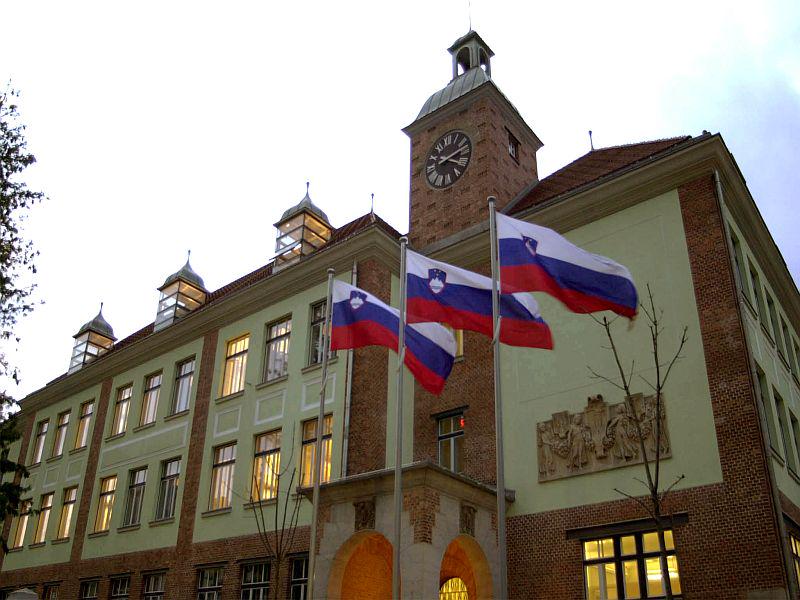During his conversations with the ambassador, Erjavec expressed his concern about the use of nerve gas in the United Kingdom and expressed his solidarity with that country, a EU partner and a NATO member state. That's according to the Foreign Ministry, which added that the use of nerve gas is a serious violation of international law and that Russia's response is crucial, as is Russia's cooperation with the Organization for the Prohibition of Chemical Weapons.
Erjavec did not recommend the expulsion of Russian diplomats from Slovenia. The cabinet made a unanimous decision stating that the measure would be too severe given the uncertainty over who was behind the nerve gas attack on the Russian double agent Sergei Skripal and his daughter in the British town of Salisbury.
Prime Minister Miro Cerar, who is only taking care of urgent matters in the wake of his resignation, said that he believes Slovenia must take its EU and NATO membership seriously, but that does not mean that it must blindly follow the opinions of others: "We consider each step thoroughly and we have done that in this case." According to Cerar, Luxembourg, Malta, Slovakia, and Bulgaria have all taken steps similar to those of the Slovenian government.


































































